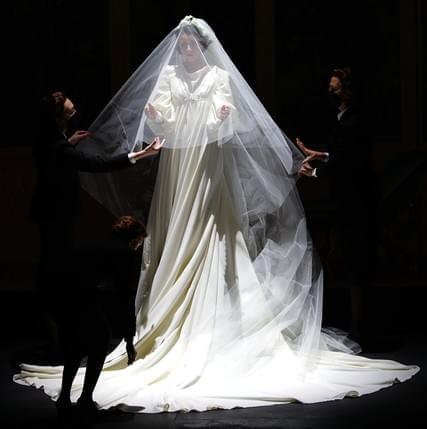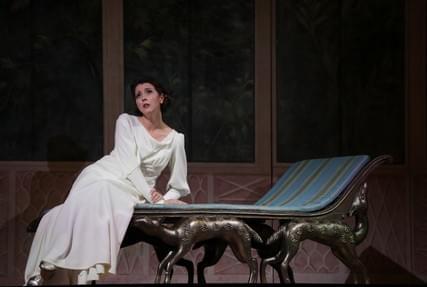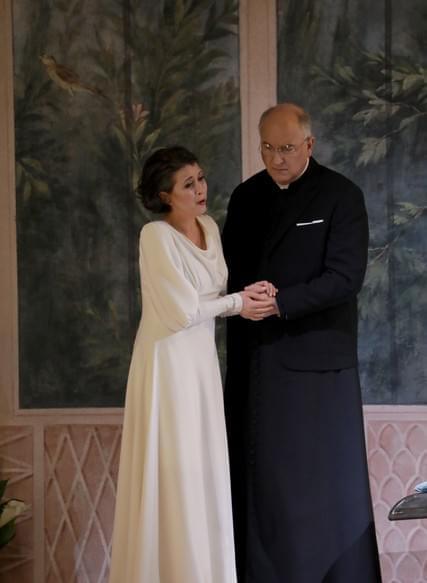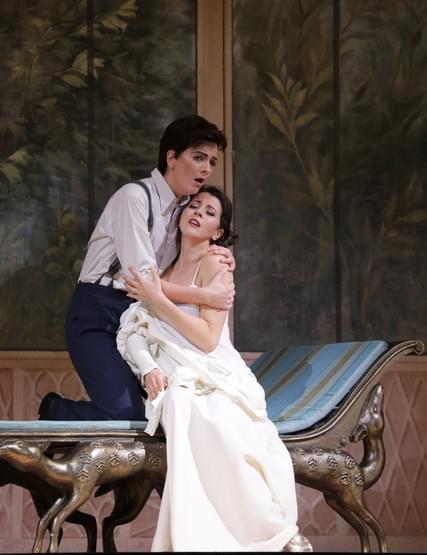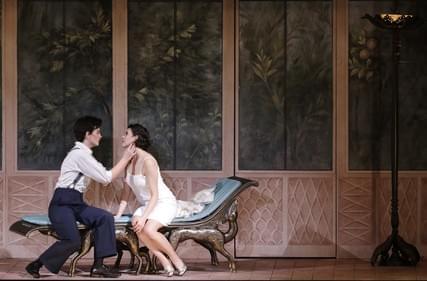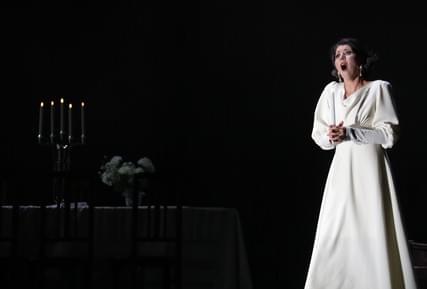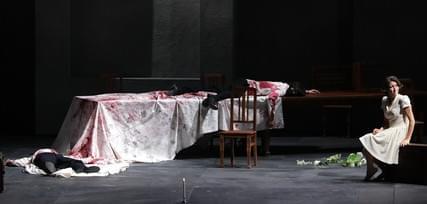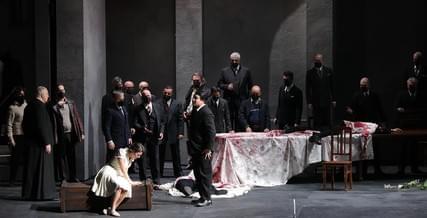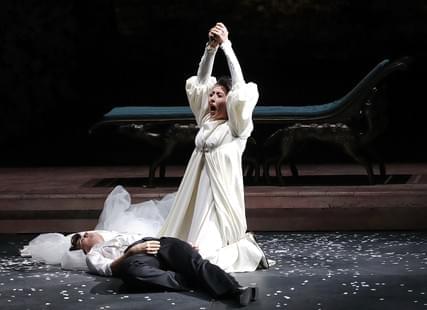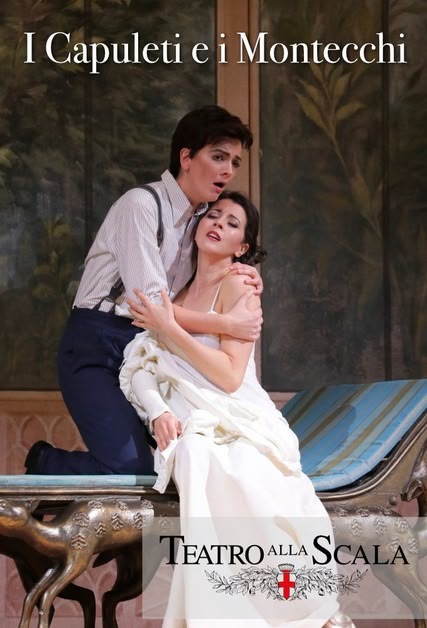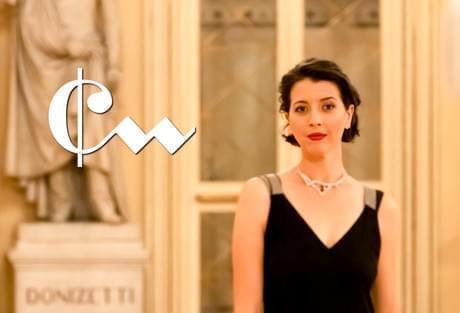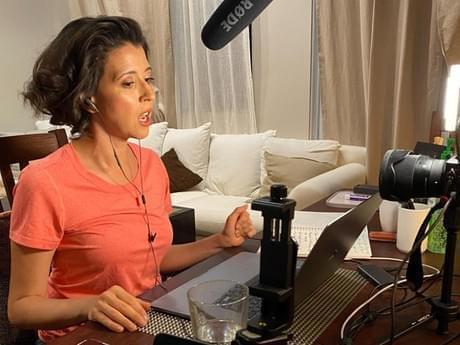Grande era l’attesa, dopo la trionfale esecuzione in forma di concerto di Theodora di Häendel nel novembre 2021, per il ritorno sul palcoscenico del Piermarini di Lisette Oropesa, qui al suo debutto nel ruolo di Giulietta Capuleti. Il soprano di New Orleans mostra una linea vocale morbidissima e dal colore adamantino, una consapevolezza totale e un dominio assoluto della tecnica che le consentono di plasmare il suono ad ogni altezza. Di grande rilievo, poi, è la capacità di mantenere compattezza ed omogeneità tra i registri che suonano, rispettivamente, naturale quello grave, adeguatamente corposo il centro, limpido e ben proiettato quello acuto, luminoso il sovracuto. Alcuni passaggi, specialmente le due arie “Oh quante volte, oh quante” di primo e “Ah! Non poss’io partire” di secondo atto sono impreziositi di morbidi filati, trilli limpidissimi e agilità precise e ben appoggiate. Particolarmente riuscito, inoltre, è il personaggio: grazie ad un fraseggio sempre partecipato e ben sfumato, la Oropesa offre una visione di Giulietta come una ragazza che vuole combattere per difendere l’amore per il suo Romeo, anche a costo dell’accettazione della morte, mai compassata o ingenua. Una prova da ricordare.
The anticipation was high, following the triumphant concert performance of Handel's Theodora in November 2021, for Lisette Oropesa's return to the stage of the Piermarini, here making her debut in the role of Juliet Capulet. The New Orleans soprano displays an exquisitely smooth vocal line with a diamond-like timbre, a total awareness, and an absolute mastery of technique that allows her to shape the sound at any pitch. Notably, her ability to maintain consistency and homogeneity across the vocal ranges stands out, with a naturally deep register, a suitably full middle, and a clear, well-projected upper register that shines brightly. Several passages, especially the two arias "Oh quante volte, oh quante" from the first act and "Ah! Non posso partire" from the second act, are adorned with soft, spun-out lines, crystal-clear trills, and precise, well-supported agility. Her portrayal of the character is also particularly successful; thanks to ever-engaged and delicately nuanced phrasing, Oropesa presents Juliet as a girl who wants to fight to defend her love for her Romeo, even at the cost of accepting death, never portrayed as pitiable or naive. A performance to remember.
— Marco Faverzani • Opera Libera



